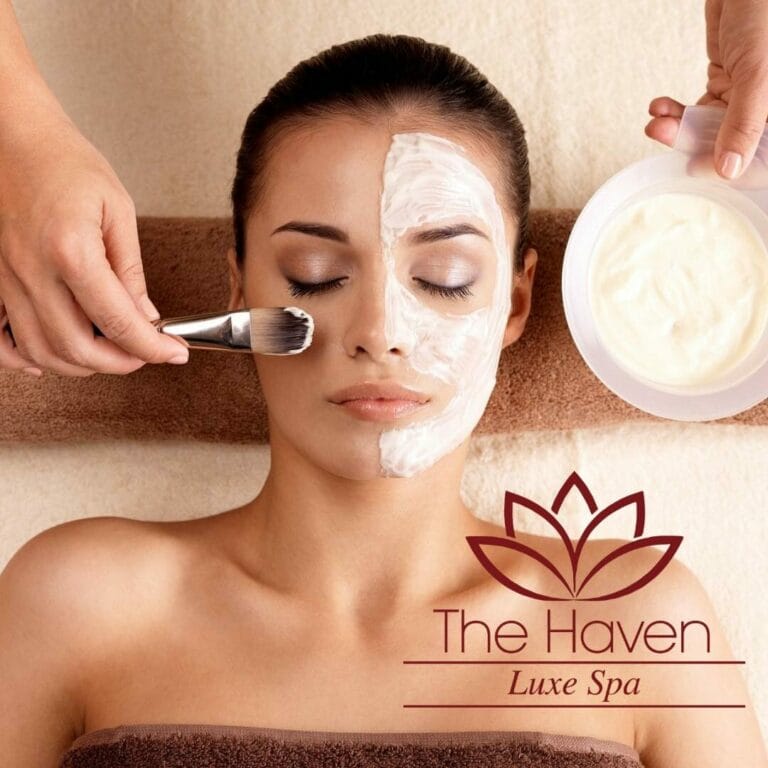The Impact of Negative Peer Pressure on Children: Challenging the Risks
What is the negative peer pressure on children? We explore challenging the risks, from the detrimental effects of negative peer pressure on children, focusing on making wrong choices, substance misuse, harmful or risk-taking behaviours, all the way to online bullying. How best can you help your children to make better decisions?

Peer pressure is a powerful influence in the lives of children and adolescents. While peer interactions can be constructive and support healthy development, they can also lead to negative consequences when peer pressure encourages risky behaviours.
In this article, we will explore the detrimental effects of negative peer pressure on children, focusing on making wrong choices, substance misuse, harmful or risk-taking behaviours, and online bullying. Understanding these risks is crucial for parents who want to build happier relationships with their children and caregivers who support and guide children towards making positive decisions.
Children are making wrong choices under negative pier pressure
Negative peer pressure can lead children to make poor decisions, often against their better judgment. Under the influence of peers who encourage risky behaviors, children may engage in activities that they wouldn’t consider on their own, such as skipping school, shoplifting, or engaging in disrespectful or harmful behavior. It’s essential for parents to maintain open lines of communication with their children to help them resist the urge to follow the crowd.
Misusing Substances
One of the most concerning aspects of negative peer pressure is its role in substance misuse. The pressure to fit in with peers who experiment with drugs or alcohol can lead to serious health and social consequences. Children may start using substances as a way to gain acceptance, even though they understand the associated risks. To combat this, parents should educate their children about the dangers of substance abuse and foster self-confidence to resist peer pressure.
Harmful and risk-taking behaviours under negative pier pressure
Negative peer pressure can escalate to harmful and risk-taking behaviours, including theft, vandalism, or even acts of violence. Children who are trying to fit in with a delinquent peer group may engage in criminal activities, leading to legal consequences that can affect their future. It’s essential for parents to intervene early by setting clear boundaries and providing guidance on ethical and lawful behaviour.
Online Bullying
The rise of digital platforms has brought a new dimension to peer pressure in the form of online bullying. Negative peer pressure on social media can be relentless, leading to emotional distress and sometimes even severe psychological harm. Children may feel pressured to engage in cyberbullying, sharing hurtful content, or participating in online conflicts to maintain their social standing. Parents should educate their children about responsible online behaviour, including the importance of empathy and kindness, and provide support if they experience online bullying.
Research findings suggest that children are increasingly exposed to and engaged with Information and Communication Technology (ICT) from a young age. In the UK, nearly all children aged between 8 and 17 years report using the Internet, and approximately 80% of households with children have Internet access (Byron Review). This pattern of widespread Internet access is mirrored in Australia, where 91% of households with children under 15 years have Internet connectivity (Australian Bureau of Statistics).
Children are utilizing the Internet as a regular part of their daily lives. In the Netherlands, for instance, a remarkable 84% of seven-year-olds have access to the Internet at home, and more than a quarter of them are actively using it daily or almost every day (27%) . Additionally, children often have access to the Internet in the more private spaces of their homes, including their bedrooms. Notably, in a survey conducted in the USA, it was found that one in five three to six-year-olds had a computer in their bedroom (Vittrup, Snider, Rose, & Rippy. Similarly, approximately one-third of 9 to 10-year-olds in a study encompassing seven European countries reported going online at least weekly in their bedrooms, utilizing various devices (Livingstone, Mascheroni, Ólafsson, & Haddon).

Preventing negative peer pressure
To mitigate the negative impact of peer pressure, parents and caregivers can take several steps:
- Open Communication: Foster an environment where children feel comfortable discussing their concerns and peer interactions. Encourage them to share their experiences, questions, and doubts.
- Teach Critical Thinking: Equip children with the skills to make informed decisions by discussing potential risks and consequences of various choices.
- Positive Role Modeling: Demonstrate through your own behavior how to handle pressure and make sound choices.
- Build Self-Esteem: Encourage children to have a strong sense of self-worth and individuality, making them less susceptible to negative peer pressure.
- Seek Professional Help: If negative peer pressure leads to severe emotional or behavioral issues, consider involving a counselor or therapist to provide guidance and support.
Take Away Thoughts
Negative peer pressure can significantly impact a child’s life, leading to poor decision-making, substance misuse, harmful behaviours, and online bullying. It’s crucial for parents and caregivers to be aware of these risks, maintain open communication with children, and provide the guidance and support necessary to help them navigate the complexities of peer interactions while making informed, positive choices. By being actively involved in their children’s lives, parents can help shield them from the detrimental effects of negative peer pressure and encourage them to grow into responsible, confident, and emotionally resilient individuals.
Do you want to share your story and inspire our readers ? Know that every story is paving the way for a brighter, happier future.




